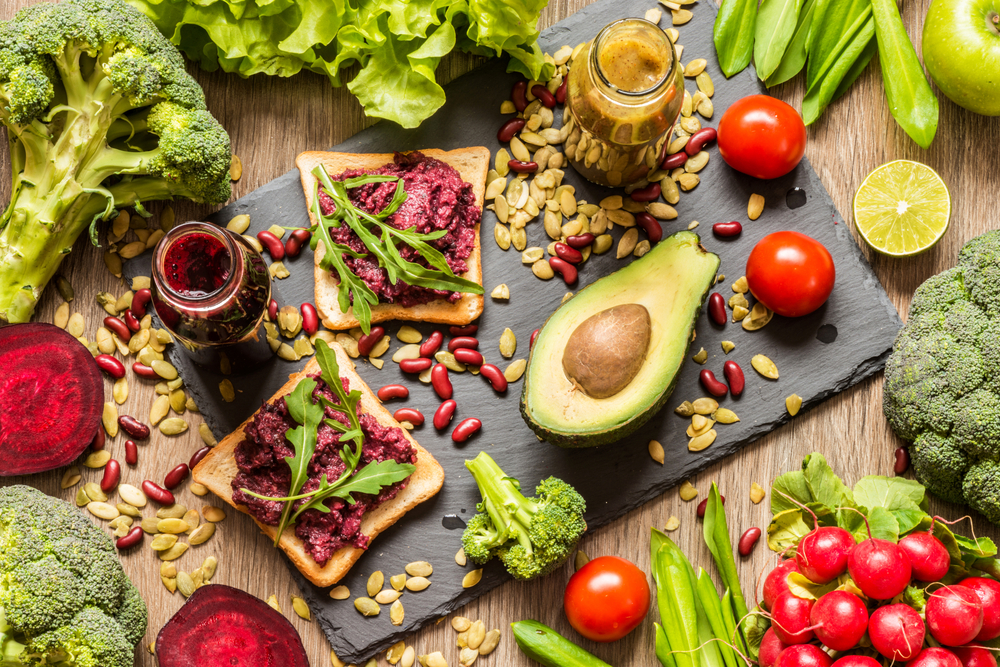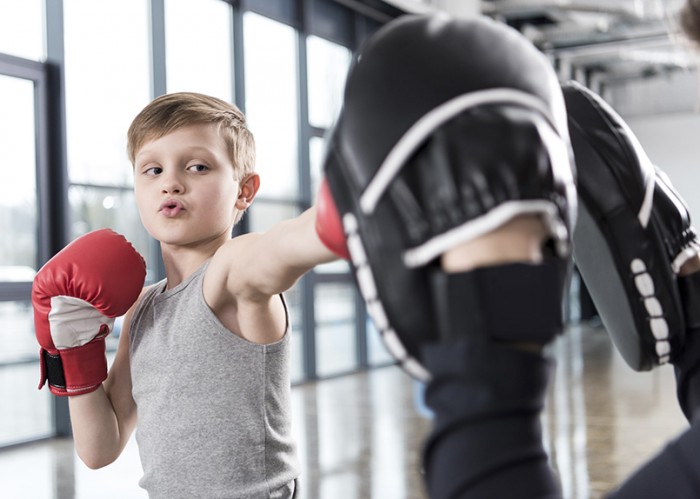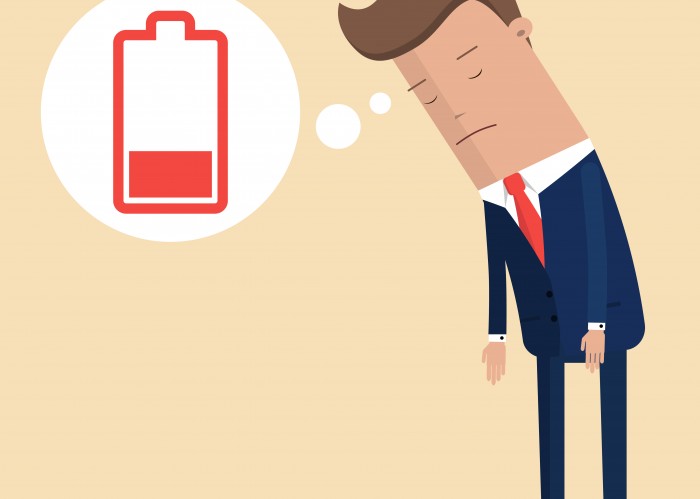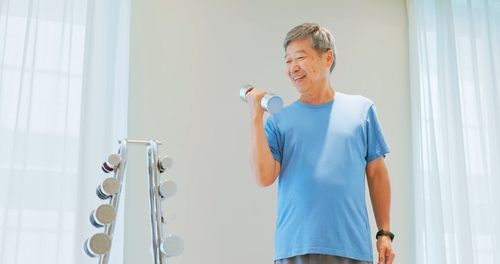
The vegan diet has seen a surge in popularity over recent years. Some consider it to be the result of increased awareness regarding ethics surrounding animal treatment and the reported health benefits of the diet. Therefore, it has received interest from various people worldwide, particularly those involved in fitness. Many fitness coaches in Dubai have adopted it, as it can reduce unwanted calories and fat intake.
However, some people have been hesitant to follow dietary changes when their goal is to build muscles that require immense protein. If you share the same fear, you need not be worried. The vegan diet, when practised correctly, can be incredibly beneficial for muscle gain. We will explore some of the food and drinks you can consume to achieve your goal with resounding success.
Before we proceed, there is something you need to know.
For muscle building which uses heavy weights and dumbbells, you do not only need protein. You also require calcium and vitamin D, which are vital to keeping your bones strong and healthy. Strong bones are essential for strength and to help you avoid injury. If your diet does not include the recommended amounts of these nutrients, you may be at risk of fractures. Researchers who conducted a study at Oxford University in the UK found that those who strictly follow a vegan diet were 43% more likely to have a fracture in any part of their body, with the risk increasing in certain areas like the hip.
Fragile bones occur because the vegan diet omits dairy and meat; both are the primary sources of these nutrients. Therefore, you need to make sure you consume fortified cereals and products containing calcium and vitamin D so that you can reach your recommended intake. If you cannot attain that level, you will need to consume multivitamins that include these nutrients.
What foods can you eat?
- Seeds
Various seeds are available in the market, including hemp, sesame, pumpkin, and chia. They contain a high degree of protein, roughly 20 to 30g per 100g. Many personal trainers in Dubai recommend including them in your meals by mixing the seeds you like and then sprinkling a handful over your salad, muesli, or smoothie bowl.
- Beans, peas, and lentils
They are all grouped as legumes and are known to have a significant protein content. Many varieties have 20 to 25g of protein for every 100g, making them compulsory in your vegan diet for muscle building. They also can be prepared using various methods, giving you a variety of recipes to choose from. If you like them, plain, steamed beans and peas would be great. If you prefer spice, You can include lentils in curries that will go well with organic rice.
- Peanut butter
A healthy alternative to butter, it is also delicious and packed with protein. It contains 25g of protein per 100g and can be included in various savoury and sweet recipes.
What beverages can you drink?
- Smoothies
They are a brilliant way of incorporating healthy fruits and vegetables into a medium that makes it easy to consume. There are various recipes for smoothies that you can use. However, you can add some spirulina powder for an incredible protein boost as it contains 70% protein.
- Soy milk
Soy milk is considered to be a great alternative to dairy and is rich in protein and omega-3 fatty acids. Both of which are crucial to keeping you healthy and building muscles.
- Nut based milk
If you do not like soy milk, nut-based milk like hazelnut or peanut can be a good substitute. Peanut milk, in particular, has 6g of protein for eight fluid ounces.
If you are looking to build muscles while practising a vegan diet, incorporating the above foods and drinks into your meals plans can be helpful. However, always speak to our personal fitness trainer in Dubai to ensure that your meals plans include calcium and vitamin D sources.




